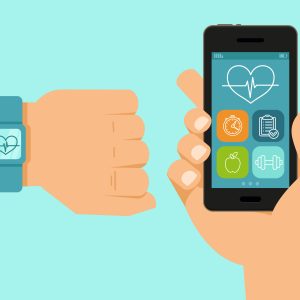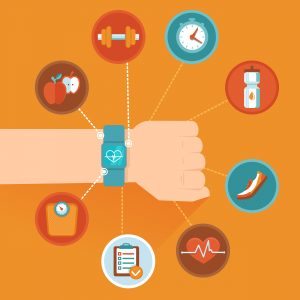The George Institute – Winners of the Google Impact Challenge
Video Transcript Congratulations on The Google Impact Challenge win. Can you explain what TEXTCARE does and what issue it addresses? 0:07 – 3:09 It is really exciting; I think we’re all a little bit stunned still, although I feel that we did have a fabulous proposal and it’s very exciting to think that we will […]
Read More











